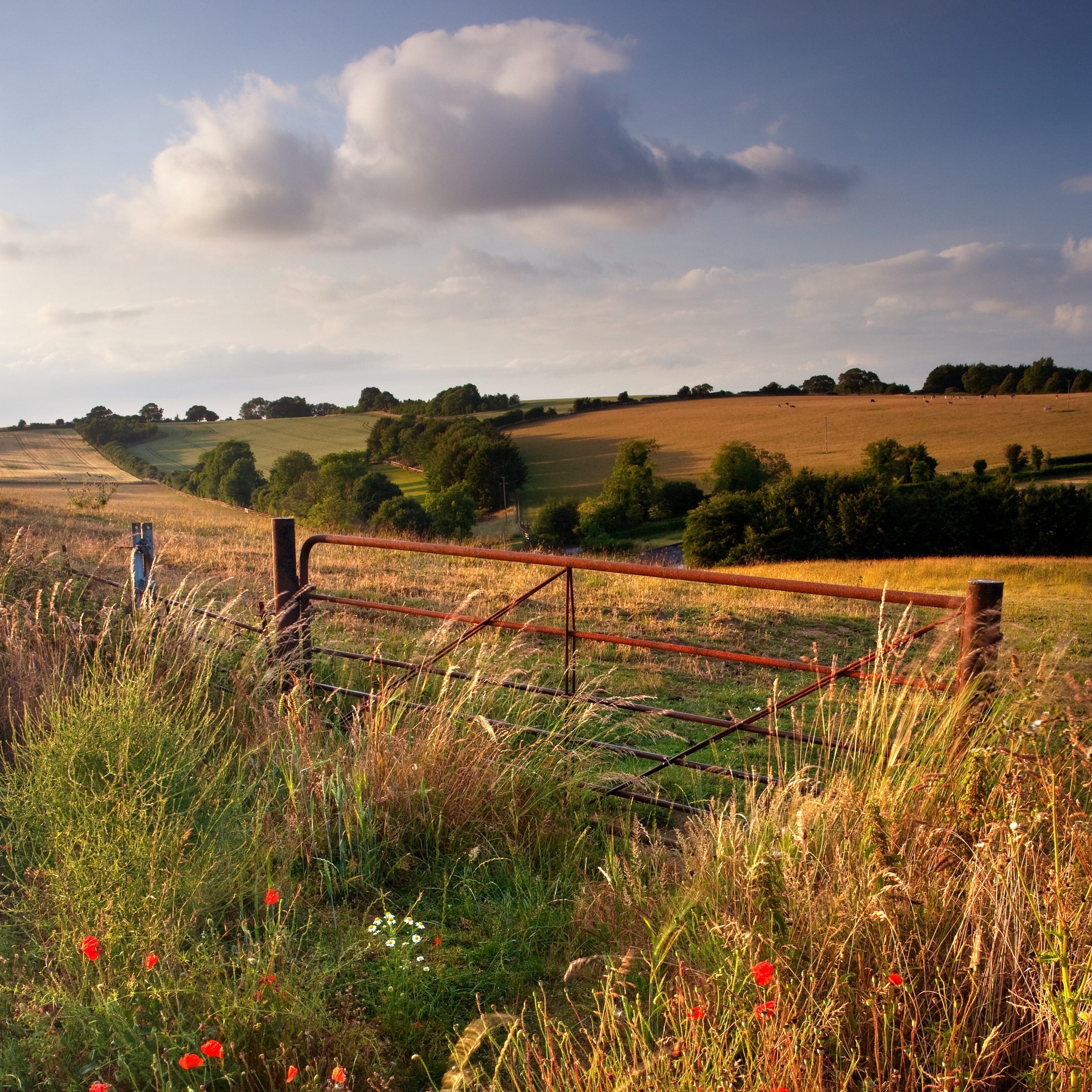Defra publishes second Environmental Improvement Plan (EIP23)
The Department for Environment, Farming and Rural Affairs (Defra) has published its second Environmental Improvement Plan (EIP23). This builds on the first Plan, the 25-Year Environment Plan (25YEP), and the Environment Act 2021.
EIP23 aims to provide “a comprehensive delivery plan for the government’s approach to halting and then reversing the decline in nature”. For England, this Plan aims to:
- achieve thriving plants and wildlife
- achieve clean air
- achieve clean and plentiful water
- manage exposure to chemicals and pesticides
- maximise our resources minimise our waste
- use resources from nature sustainably
- mitigate and adapting to climate change
- reduce risk of harm from environmental hazards
- enhance biosecurity, and
- enhance beauty, heritage and engagement with the natural environment
The Government press release says that Government will:
- Create and restore at least 500,000 hectares of new wildlife habitats, starting with 70 new wildlife projects including 25 new or expanded National Nature Reserves and 19 further Nature Recovery Projects
- Deliver a clean and plentiful supply of water for people and nature into the future, by tackling leaks, publishing a roadmap to boost household water efficiency, and enabling greater sources of supply
- Challenge councils to improve air quality more quickly and tackle key hotspots.
- Transform the management of 70% of our countryside by incentivising farmers to adopt nature-friendly practices.
- Boost green growth and create new jobs – from foresters and farmers to roles in green finance and research and development.
Further commitments for nature include:
- A multi-million pound Species Survival Fund to protect our rarest species – from hedgehogs to red squirrels.
- Through the support of government schemes 65 to 80% of landowners and farmers will adopt nature friendly farming practices on at least 10 to 15% of their land by 2030. They will also be supported to create or restore 30,000 miles of hedgerows a year by 2037 and 45,000 miles of hedgerows a year by 2050.
Prime Minister, Rishi Sunak, said:
Protecting our natural environment is fundamental to the health, economy and prosperity of our country.
This plan provides the blueprint for how we will deliver our commitment to leave our environment in a better state than we found it, making sure we drive forward progress with renewed ambition and achieve our target of not just halting, but reversing the decline of nature.
Environment Secretary, Thérèse Coffey, said:
Our Environmental Improvement Plan sets out how we will continue to improve our environment here in the UK and around the world. Nature is vital for our survival, crucial to our food security, clean air, and clean water as well as health and well-being benefits.
We have already started the journey and we have seen improvements. We are transforming financial support for farmers and landowners to prioritise improving the environment, we are stepping up on tree planting, we have cleaner air, we have put a spotlight on water quality and rivers and are forcing industry to clean up its act.
Whether you live in a city or town, in the countryside or on the coast, join us in our national endeavour to improve the environment.
CIEEM’s Head of Policy, Jason Reeves, said:
It is always pleasing to see Government making new commitments to restoring nature. Although there is some support also announced, further resourcing – both funding and expertise – will be required in the sector, including for Natural England and local authorities in particular.
